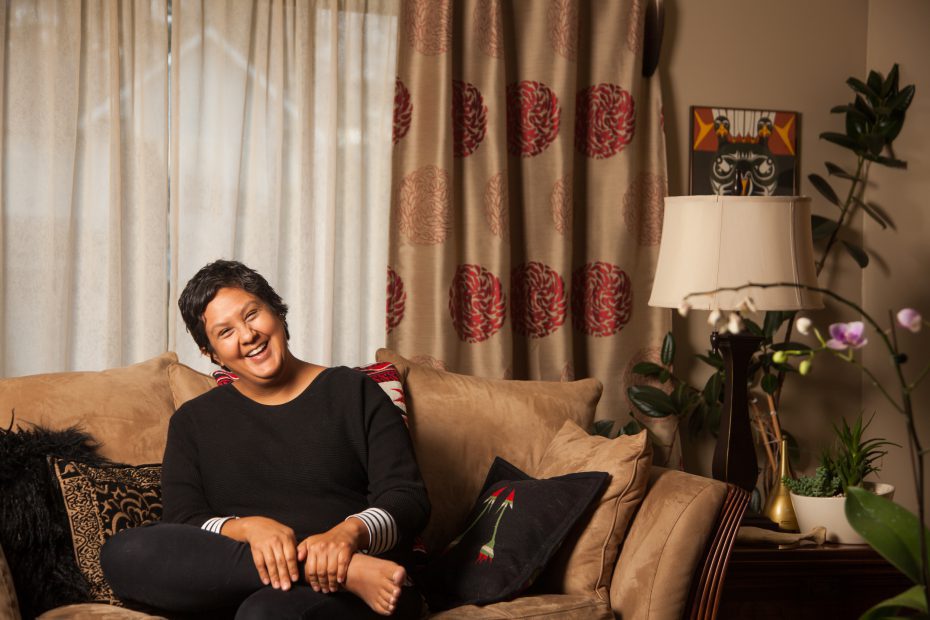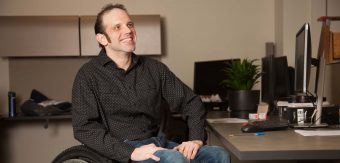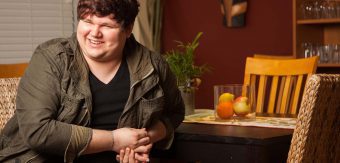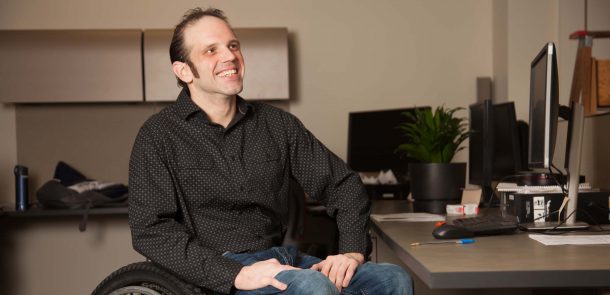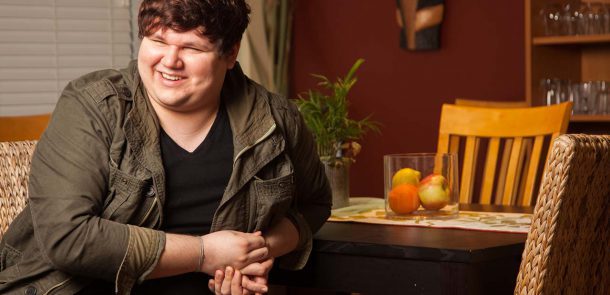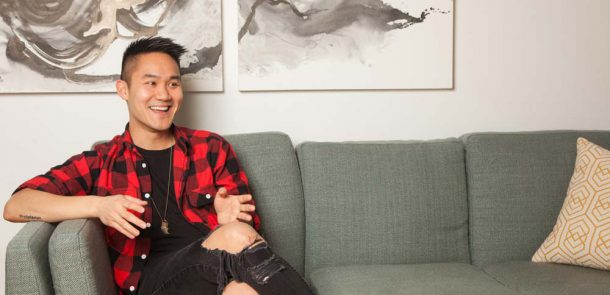As an Indigenous woman and Community Engagement Coordinator for Reconciliation Canada, Charlene Seward knows that open dialogues are essential stepping stones into a reconciled world in which everyone feels welcomed. We sat down with her to tap into some of her incredible perspectives on social inclusion and racial discrimination.
Can you tell us a little bit about who you are?
I’m a mother, the Community Engagement Coordinator for Reconciliation Canada, and a board member for a non-profit organization called Kwi Awt Stelmexw. They’re dedicated to revitalizing the Squamish language through programs such as one based at SFU.
What does reconciliation mean to you?
For me, reconciliation is very individual and personal. Before I could go out and spread the message of reconciliation, I had to first reconcile with myself as an inter-generational survivor, a mother, and as an Indigenous woman in B.C.
Do you ever get asked frustrating questions?
I’d rather be asked a question than have people assume. There are questions that seem a little weird sometimes for sure but I think it’s about the reaction to it that’s also important. When someone asks me something, I assume their intention is to learn, not to judge.
You’re very understanding. Is there something that helped you get to that place?
I’m lucky to have grown up with my parents teachings. They’ve always told me that other people have different teachings and it’s your job to respect that. It’s not your job to own it or take it on but when someone tells you something that they believe in, you say “thank you for sharing.”
Is there a moment where you felt proud for doing or saying something?
I was on an airplane to Prince Rupert last month and I had this great conversation with the guy beside me. He asked “what is reconciliation?” Growth can happen from just having those conversations with an open mind and heart. It became a really positive conversation. We talked for two hours about the state of Indigenous people in Canada and what Reconciliation Canada does.
What do you wish that people better understood about Canada’s colonial history?
I wish it had been a part of the school curriculum earlier. A lot of people don’t know about the colonial history of Canada and that’s unfortunate because it’s really shaped what this country is.
Has Vancity made any impact in the work that you do?
Absolutely. Vancity is the founding partner of Reconciliation Canada so they’ve been instrumental in the work that we do. Developing the relationship with Vancity has been so meaningful; we’ve worked closely with many different people and had so much support. There’s a sense of community and connection to Vancity.
You’re a Vancity member, have you always been with them?
I switched to Vancity 10 years ago. Before that, I was with a big corporate bank because I worked for a big corporate bank. My ex-husband introduced me to Vancity and told me a bit about them and what a co-operative is. The ideals clicked immediately. It felt right.
How do you feel that we can be more inclusive as a community?
I think it’s about dropping preconceived notions and conceptions and being honest with yourself. I think it’s about the individual because if dialogue can’t happen between two people, it doesn’t matter what policies are happening. We need to have open dialogue, and be open to rich dialogue.

